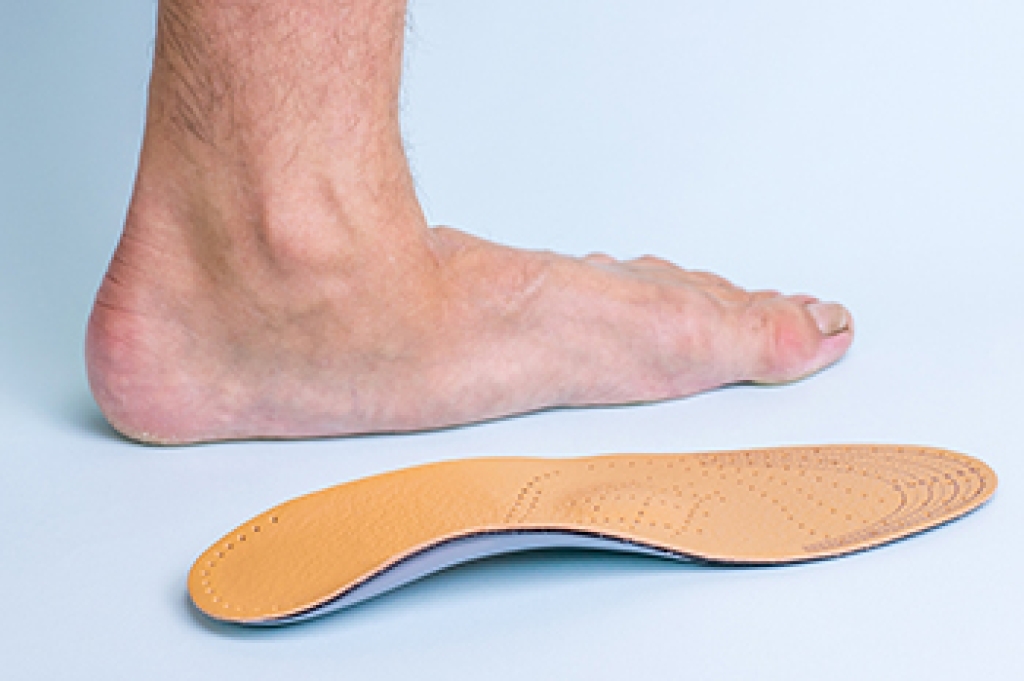
Flat feet are exactly what its name implies. The bottom of the foot lies flat on the ground, due to having little or no arch. Most babies are born with flat feet, and the arch typically develops during the teenage years. Adults with flat feet may have endured a foot injury or been born with an abnormal foot structure. Additionally, obesity, diabetes, high blood pressure, or rheumatoid arthritis may cause flat feet, as well as genetic reasons. Some patients who have flat feet and experience pain in various parts of the foot and ankle may choose to wear orthotics for mild relief. Severely flat feet may affect balance, and the feet may become stiff. If you have flat feet, it is suggested that you consult with a podiatrist who can offer you relief options that are suitable for you.
Flatfoot is a condition many people suffer from. If you have flat feet, contact one of our doctors from Andrea Hyperbaric Wound Care & Health Center. Our doctors will treat your foot and ankle needs.
What Are Flat Feet?
Flatfoot is a condition in which the arch of the foot is depressed and the sole of the foot is almost completely in contact with the ground. About 20-30% of the population generally has flat feet because their arches never formed during growth.
Conditions & Problems:
Having flat feet makes it difficult to run or walk because of the stress placed on the ankles.
Alignment – The general alignment of your legs can be disrupted, because the ankles move inward which can cause major discomfort.
Knees – If you have complications with your knees, flat feet can be a contributor to arthritis in that area.
Symptoms
- Pain around the heel or arch area
- Trouble standing on the tip toe
- Swelling around the inside of the ankle
- Flat look to one or both feet
- Having your shoes feel uneven when worn
Treatment
If you are experiencing pain and stress on the foot you may weaken the posterior tibial tendon, which runs around the inside of the ankle.
If you have any questions, please feel free to contact our office located in Astoria, NY . We offer the newest diagnostic and treatment technologies for all your foot care needs.
